China's ambassador to the United Nations on Tuesday reiterated that the "long-outdated Cold War script must never be reenacted in the Asia-Pacific", and conflict "must not be allowed to happen in the Asia-Pacific".
"We firmly oppose certain elements clamoring for NATO's involvement in the Asia-Pacific, or an Asia-Pacific version of NATO on the back of military alliances," Zhang Jun, China's permanent representative to the UN, told a UN Security Council briefing on Ukraine.
Asia-Pacific countries "share the appreciation for the hard-won peace and prosperity, and the wish to focus on mutually beneficial cooperation in pursuit of common development and revitalization," said Zhang.
"Any attempt to go against the tide of history is doomed to fail," he added.
"China pays close attention to NATO strategic adjustment and is deeply concerned about the policy implications of the so-called 'Strategic Concept,'" said Zhang.
The US on Friday announced a new alliance including Australia, Japan, New Zealand and the UK to "boost economic and security ties with the Pacific Island nations", the White House said in a statement.
The White House on Sunday released the readout on US President Joe Biden's meeting with German Chancellor Olaf Scholz, in which it noted that the two leaders "discussed the challenges posed by China".
After the G7 summit, NATO leaders are scheduled to hold their annual summit in Spain from Tuesday to Thursday. The NATO summit will include for the first time the top leaders of four Asia-Pacific countries, Japan, South Korea, Australia and New Zealand, and also for the first time, the bloc will identify China in its new strategic concept.
Certain NATO leaders lately have painted other countries as a threat, Zhang said. "But the fact is it's NATO itself that has made trouble in different parts of the world.
"We urge NATO to learn its lessons and not to use the Ukraine crisis as an excuse to stoke worldwide bloc confrontation or a new Cold War, and not to look for imaginary enemies in the Asia-Pacific or artificially create contradictions and divisions," the envoy said.
"We stress again that dialogue and negotiation is the only viable way to restore and consolidate peace. Ending hostilities at an early date is the keen aspiration of the international community," he said, adding that China supports direct negotiations between Russia and Ukraine. "We also welcome secretary-general's good offices on the issue of grain export, among others," said Zhang.
"Attempts to weaponize the world economy and to coerce other countries into taking sides will artificially divide the international community, and make the world even less secure," he continued. "Delaying and obstructing diplomatic negotiations for geopolitical purposes will only add fuel to the fire to intensify confrontation and magnify conflicts. Inevitably, it will end up hurting themselves.
"A blind faith in the position of strength, the expansion of military alliance and the pursuit of one's own security at the expense of the insecurity of other countries will inevitably lead to security dilemmas," said Zhang.
NATO will increase the number of its forces at high readiness massively to over 300,000 amid Russia's ongoing war in Ukraine, Secretary-General Jens Stoltenberg said Monday.
Zhang pointed out that NATO's five eastward expansions after the Cold War have "not only failed to make Europe securer, but also sowed the seed of conflict".
"The Cold War ended a long time ago; it is necessary for NATO to reconsider its own positioning and its responsibilities, completely abandon the Cold War mentality that is based on bloc confrontation, and strive to build a balanced, effective and sustainable European security framework in line with the principle of indivisible security," the envoy said.








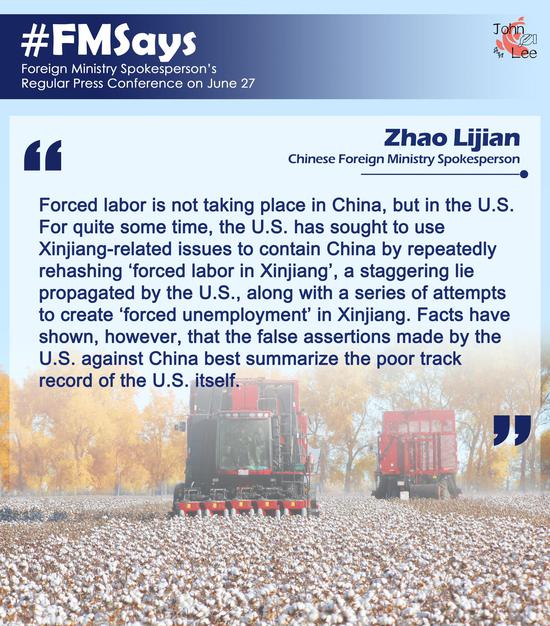
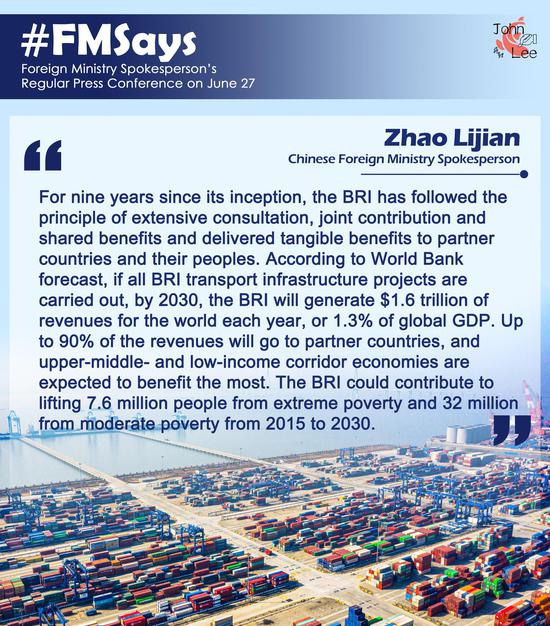
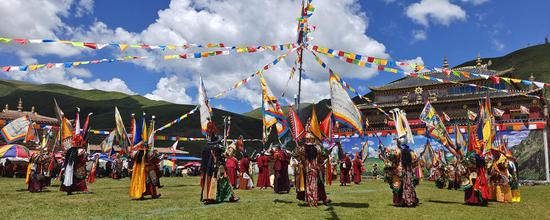
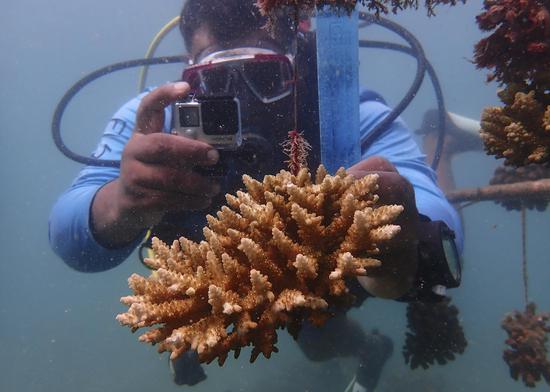
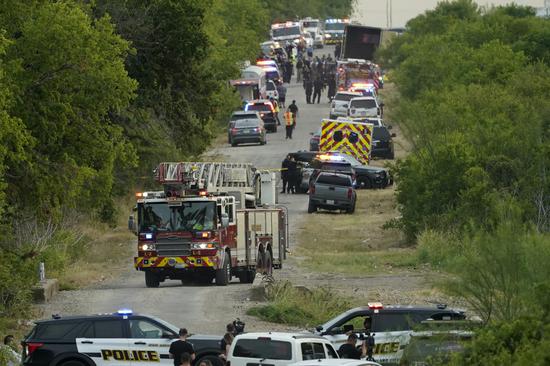
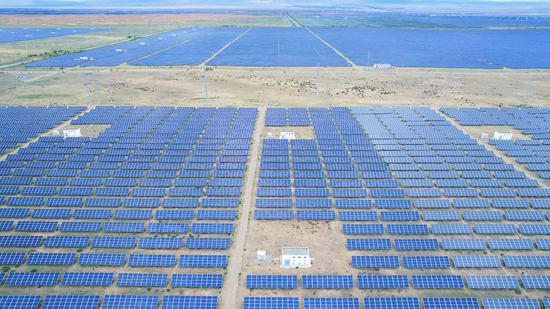
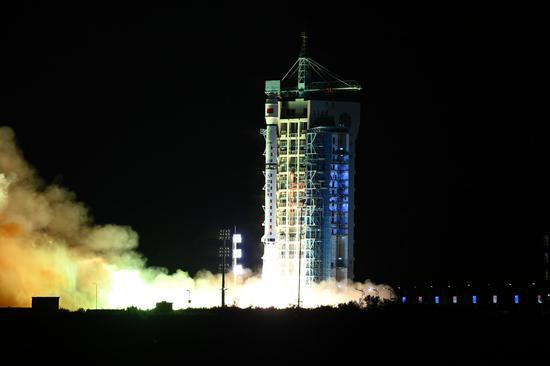
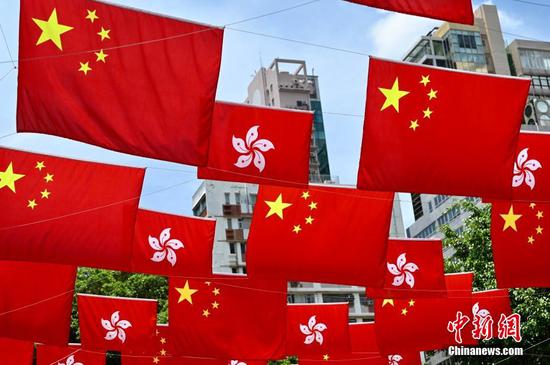
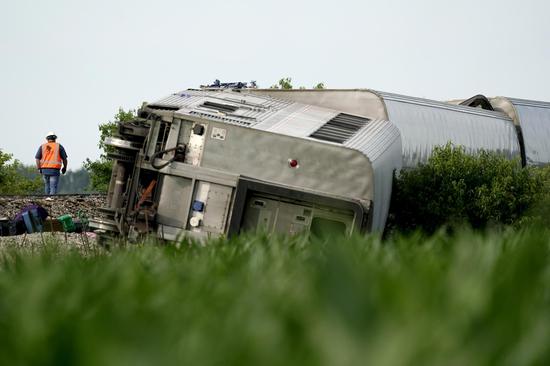
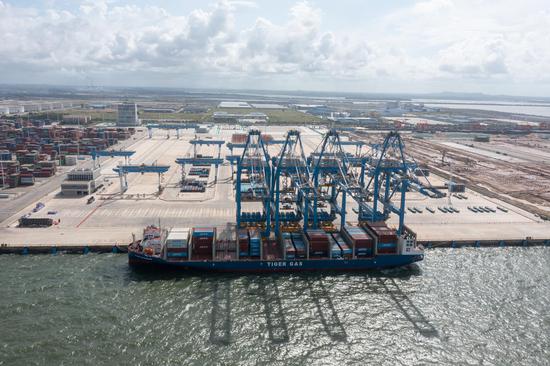
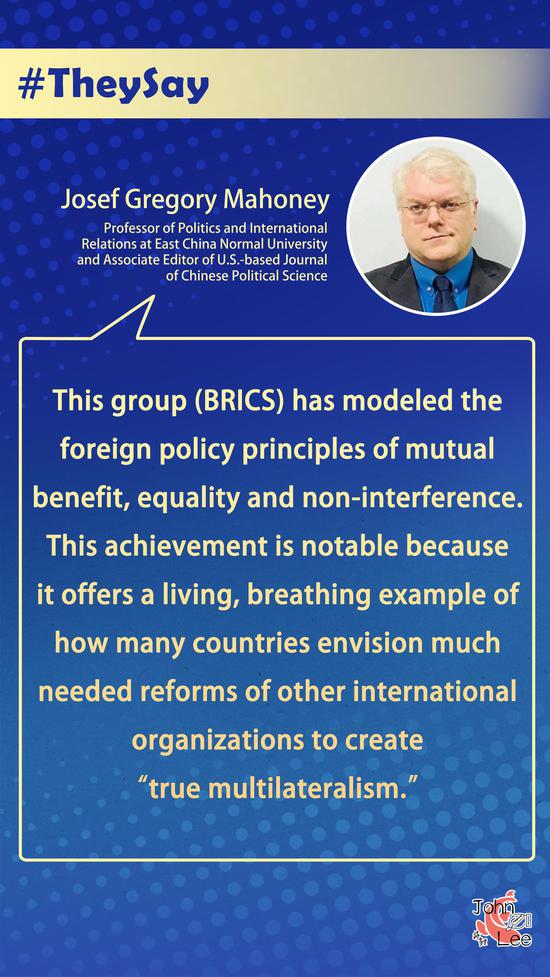


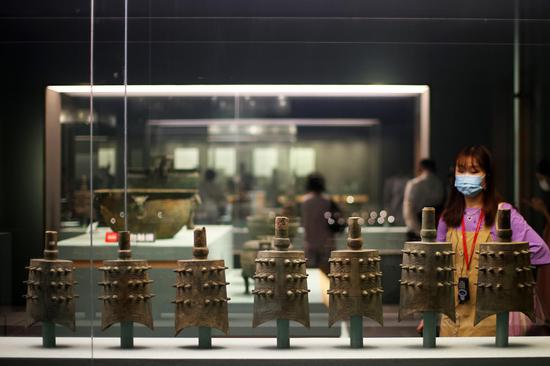
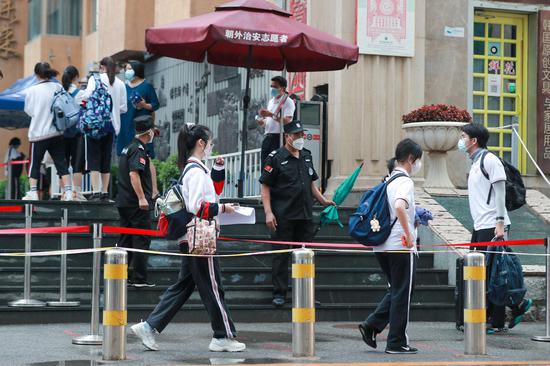
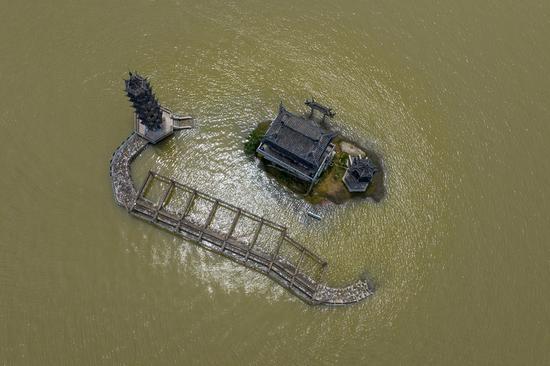
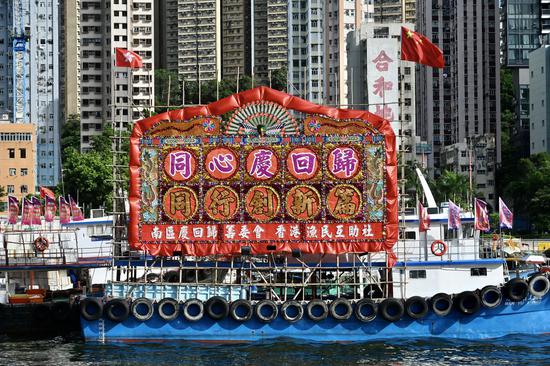

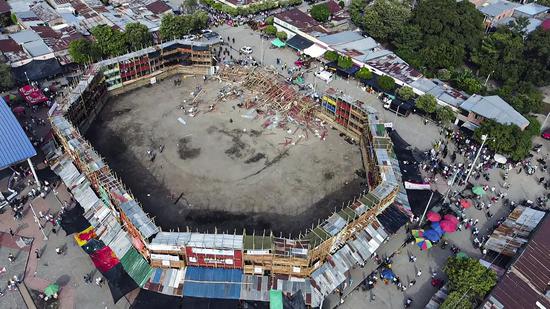
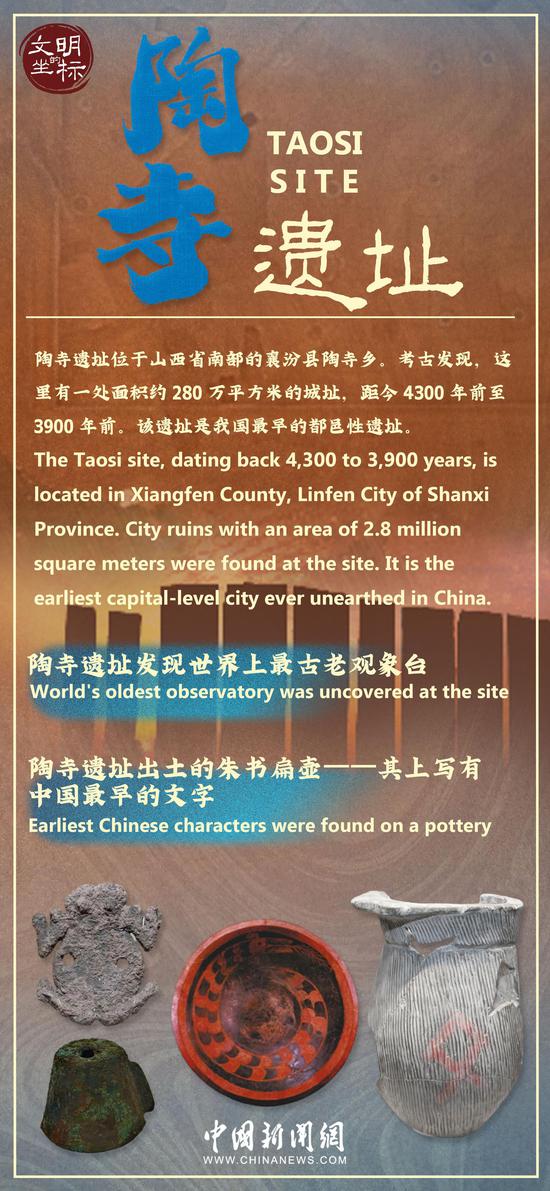
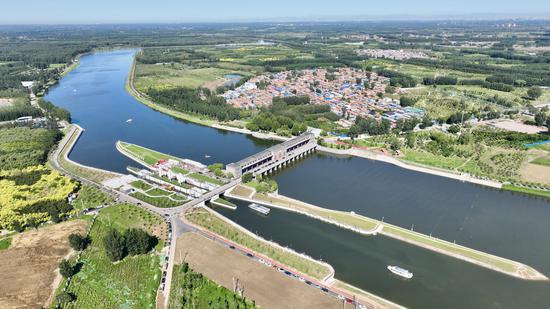
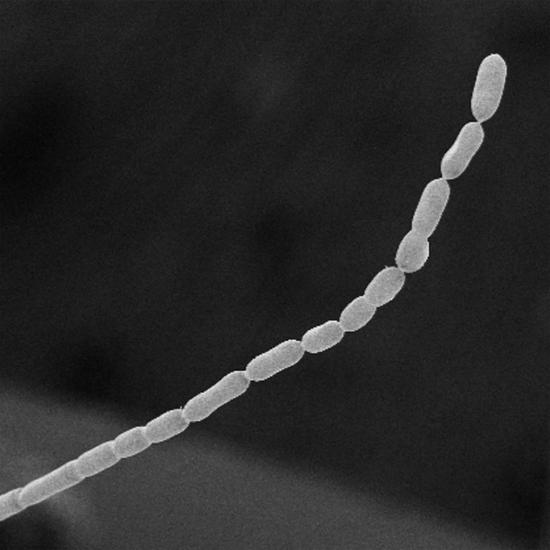
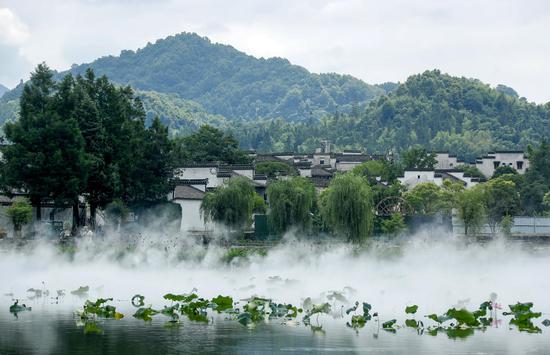
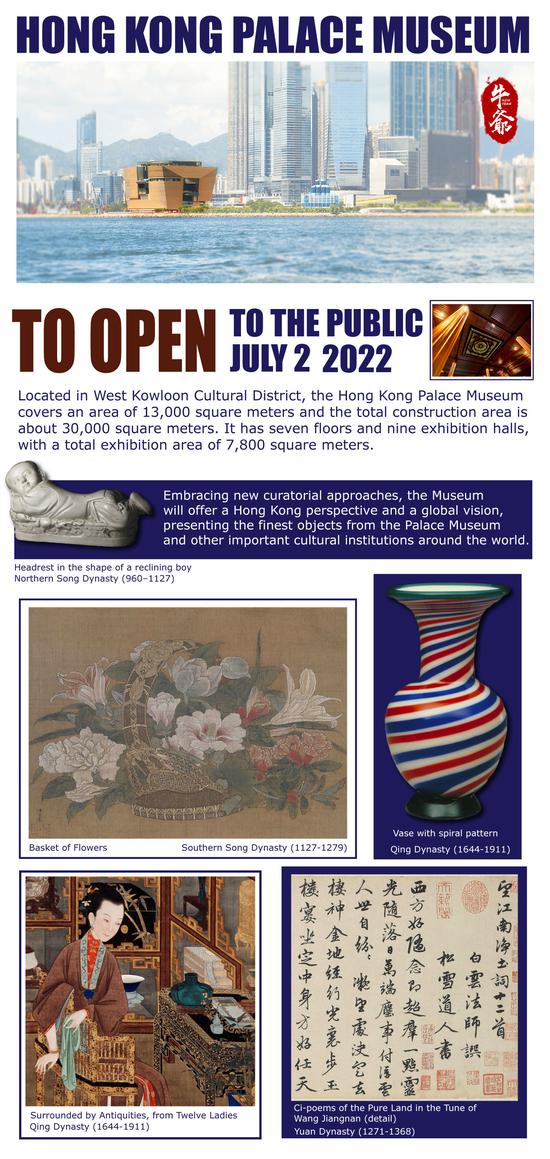
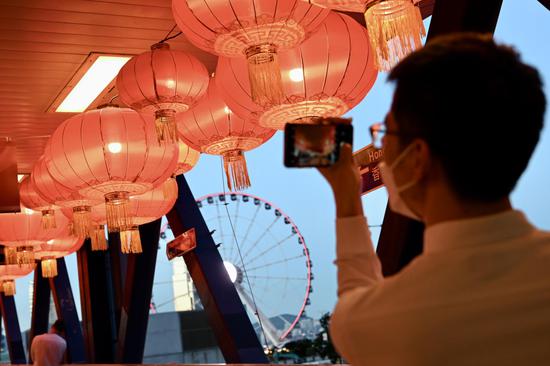
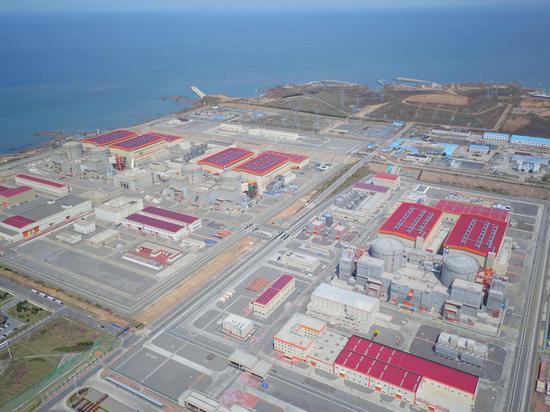
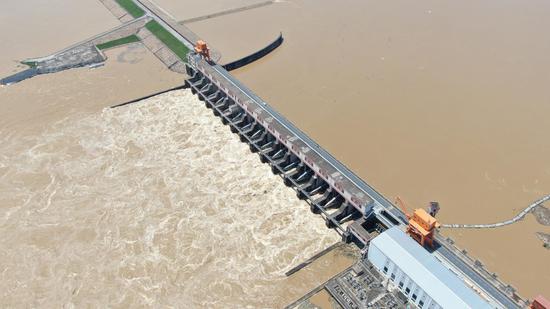
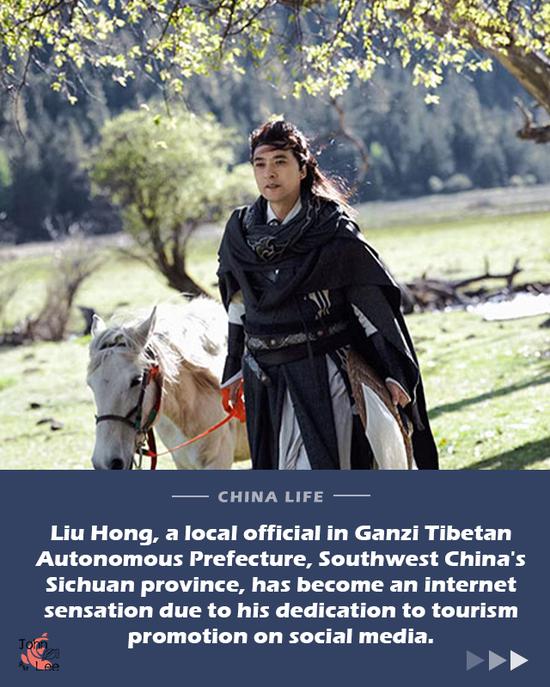
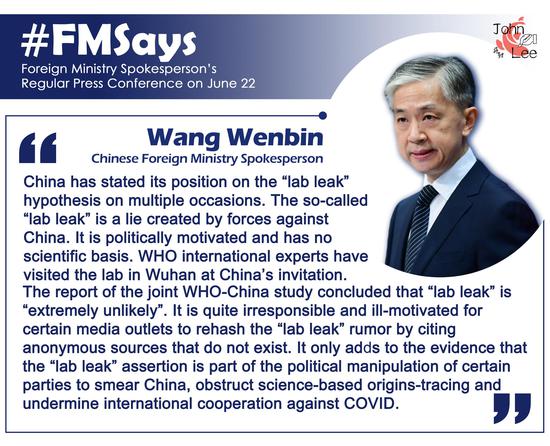
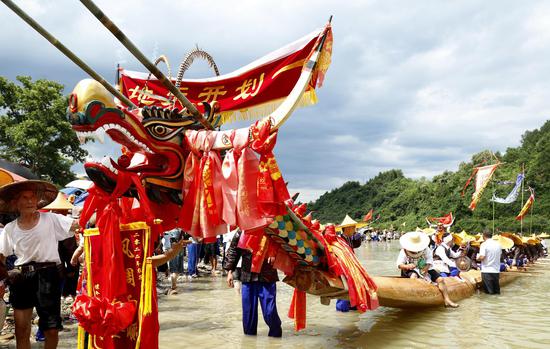
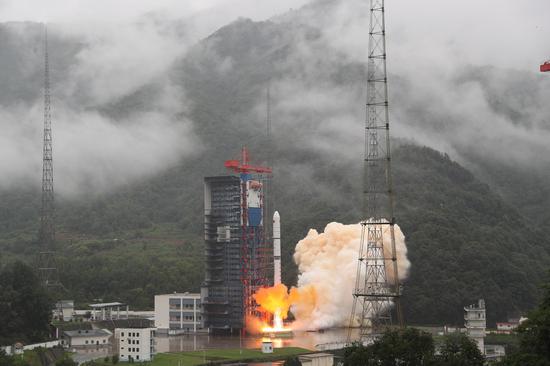
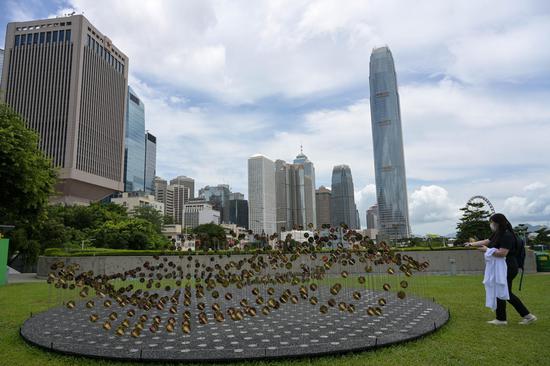

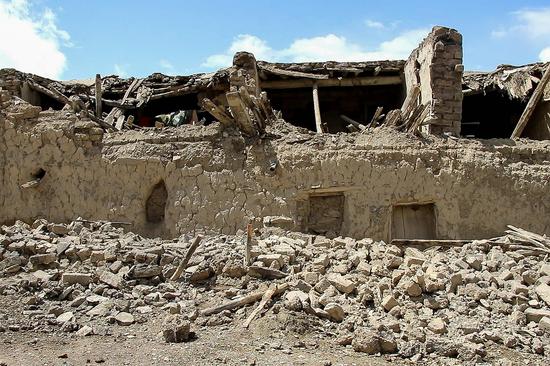

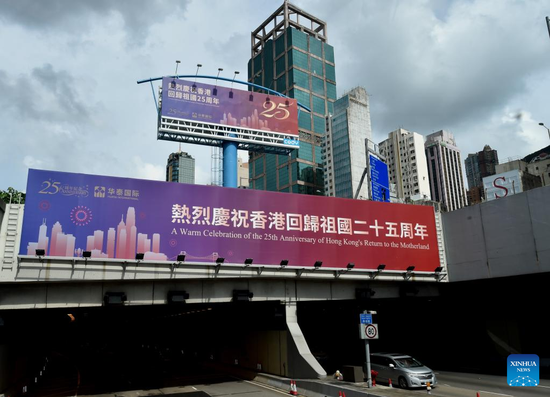






 京公网安备 11010202009201号
京公网安备 11010202009201号